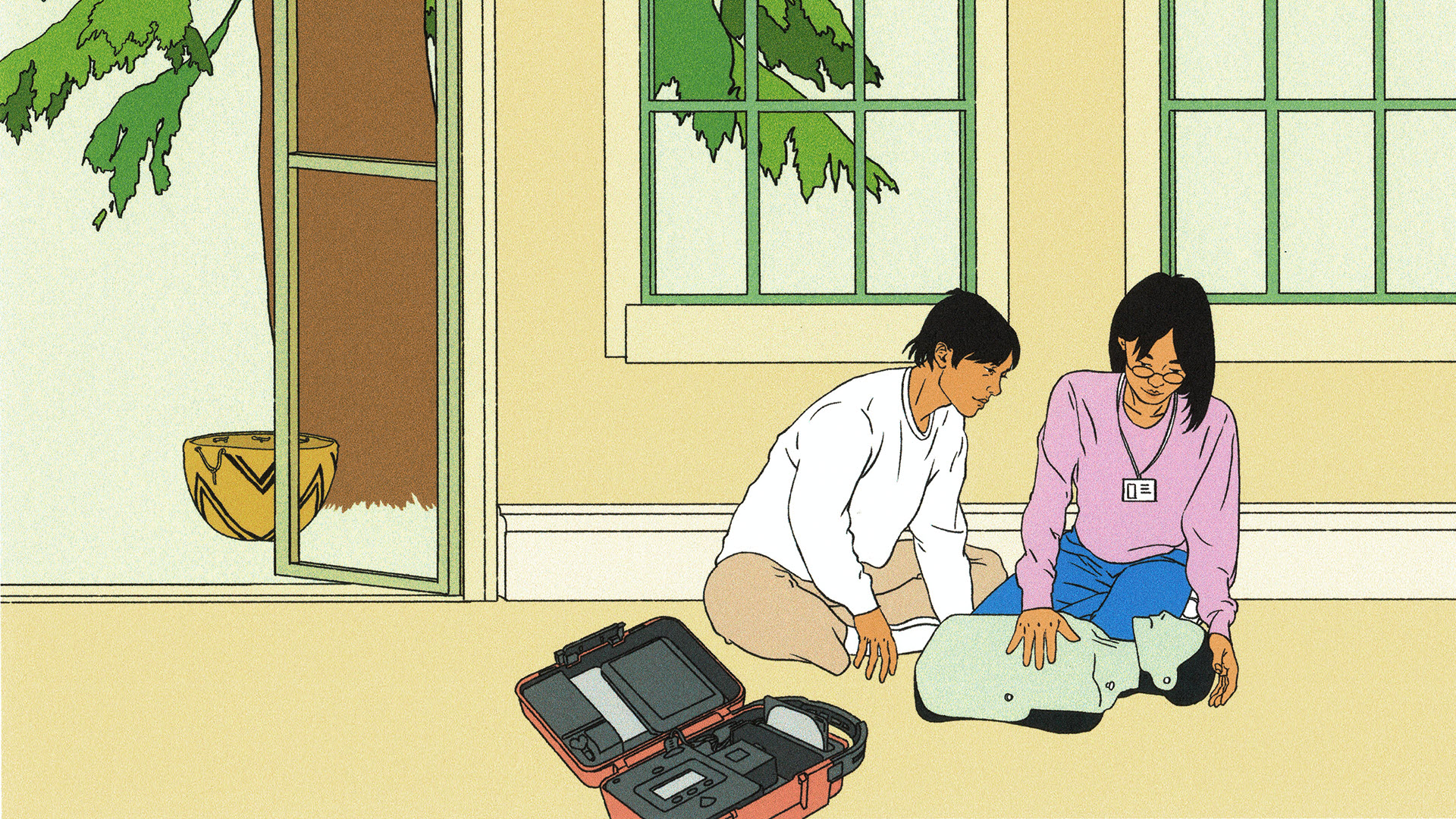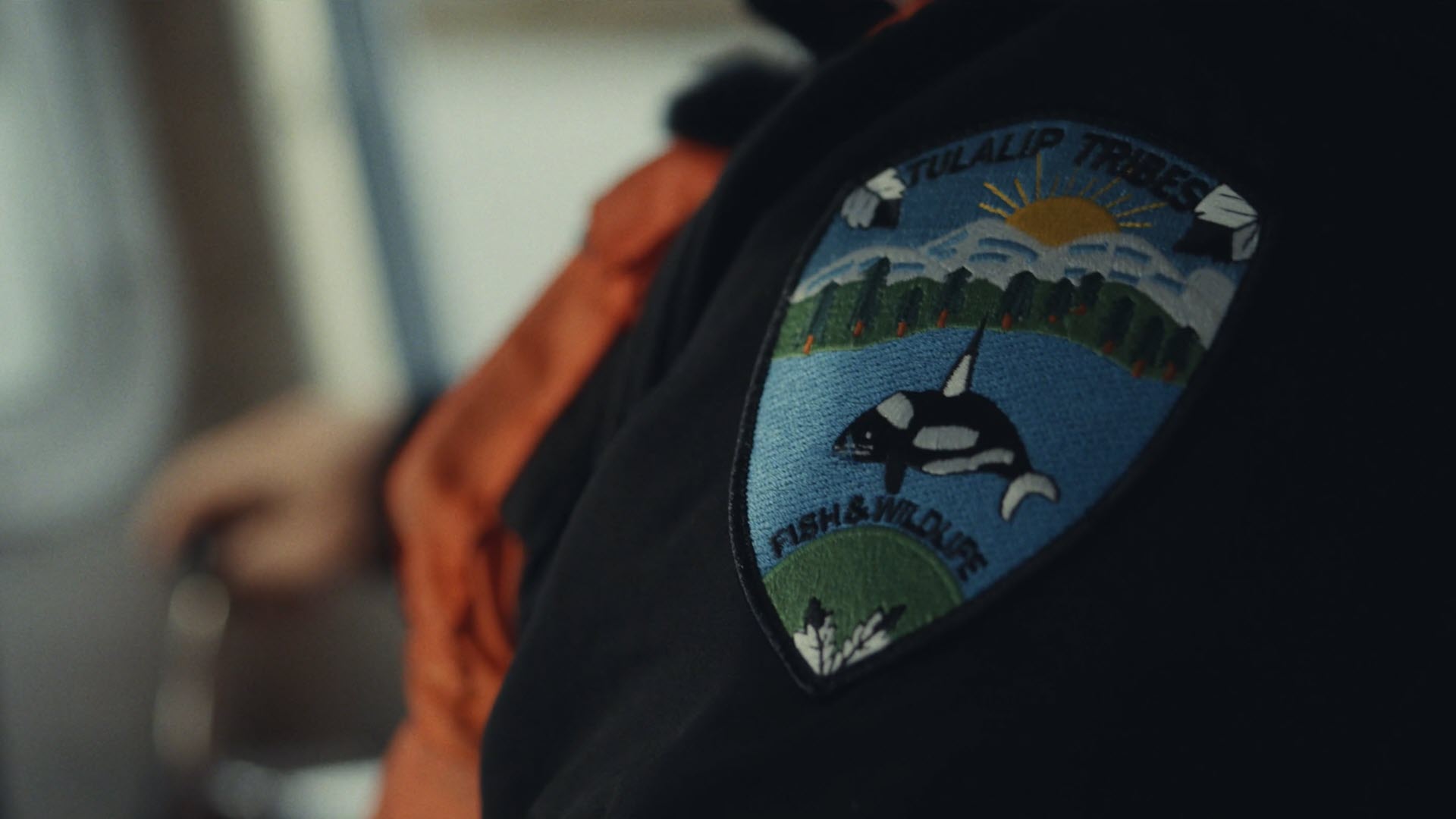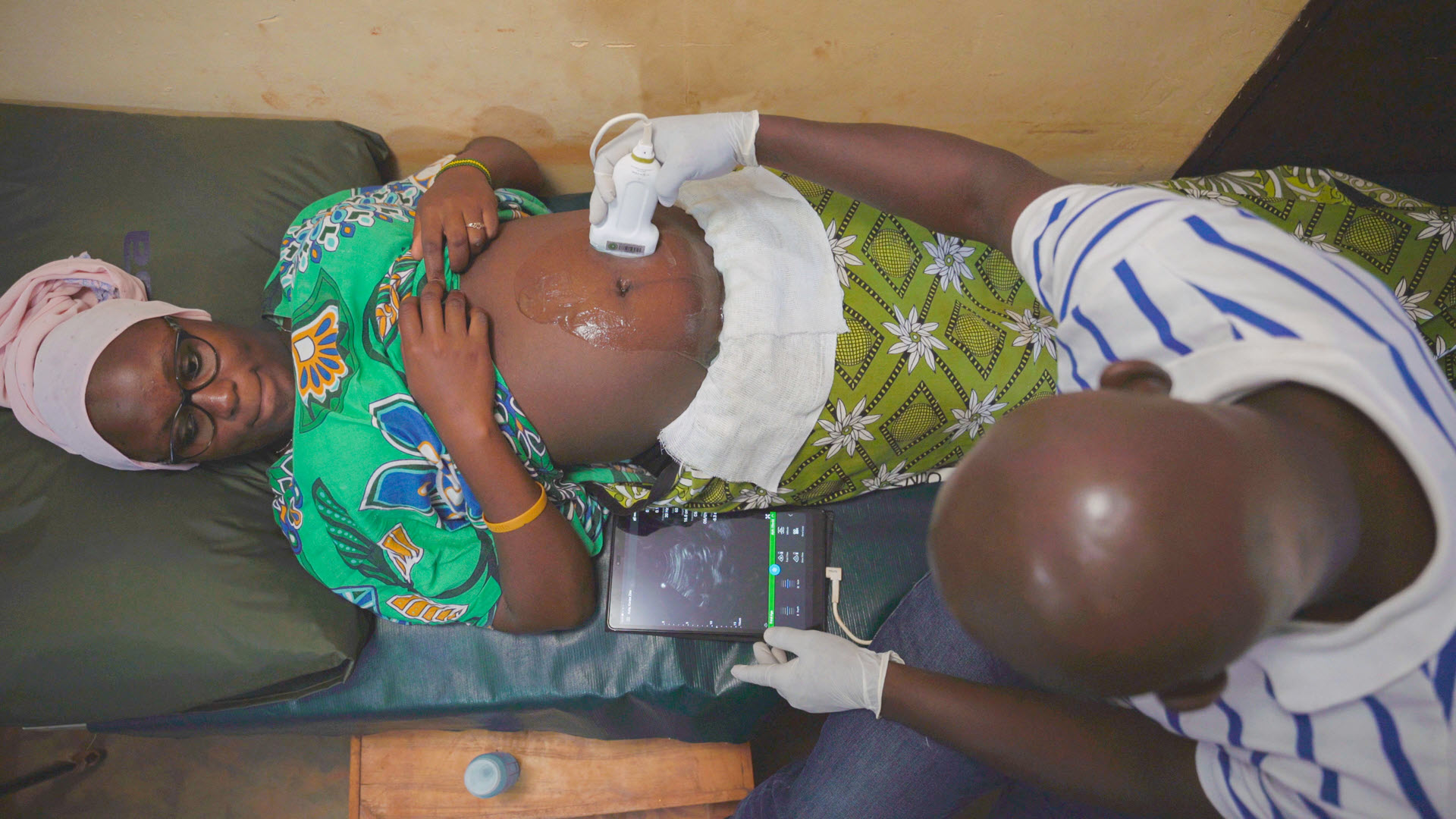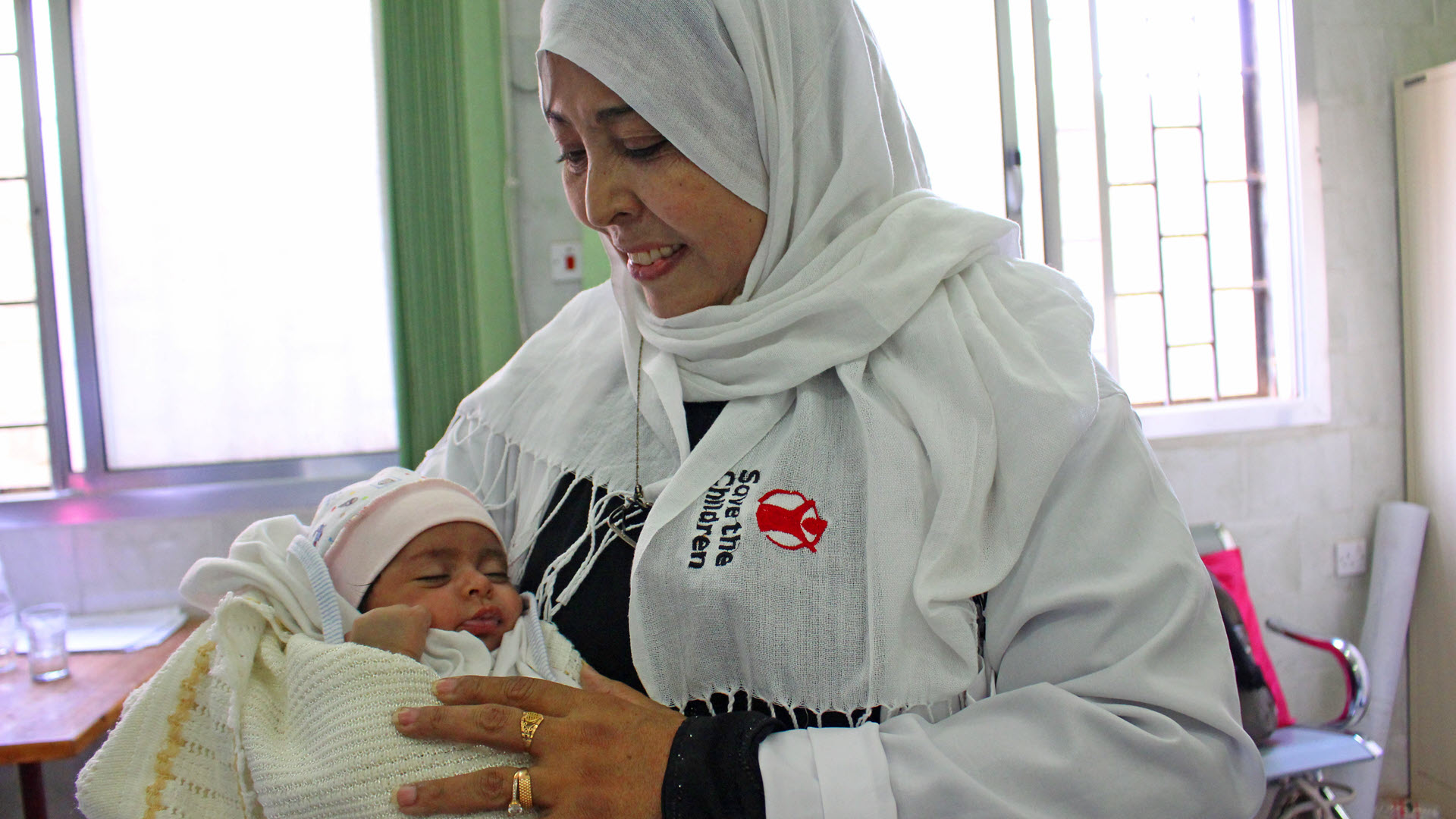One person dies every 36 seconds from cardiovascular disease in the United States, making heart disease the leading cause of death for most people [1]. Over the past 50 years, heart disease among Native Americans has increased and is now double that of the general population [2].
The Tulalip people have lived for thousands of years on the 22,000-acre reservation in the Pacific Northwest, where the Tulalip Tribal Police Department serves tribal members, as well as all non-tribal residents and visitors. Teaming up with the Tulalip Bay Fire Department, the two departments respond to and render first aid for medical emergencies like cardiac arrest.
According to Tulalip Bay Fire Department Deputy Chief James Reinhardt, 75 percent of the department’s 911 calls have to do with heart disease, diabetes, cancer or trauma. Access to an automated external defibrillator (AED) can mean the difference between life and death for a person in cardiac arrest. That’s why the Philips Foundation is partnering with the Tulalip Foundation to donate AEDs and help increase access to emergency response care among the remote Tulalip tribes.
Deputy Chief Reinhardt says that while the fire department’s average response time is 4-6 minutes, certain parts of the reservation can take up to 15 minutes to reach. However, a police department vehicle can be at any location within the reservation at any time, so having police officers carry an AED in their patrol vehicles can significantly shorten the cardiac arrest response time.
“Because we are roaming and physically in these neighborhoods,” says Tulalip Tribal Police department Chief Chris Sutter, “often our response time is going to be faster.”
Tribes and tribal programs have been under resourced for a very long time due to underinvestment in tribal communities, explains Tulalip Foundation Executive Director Nicole Sieminski. Deputy Chief Reinhardt calls this a “rapid step forward.”









